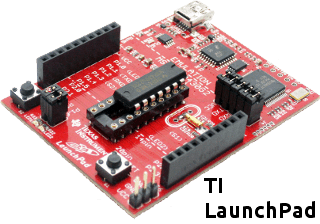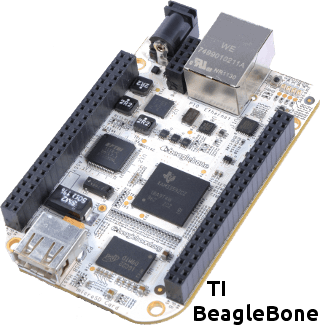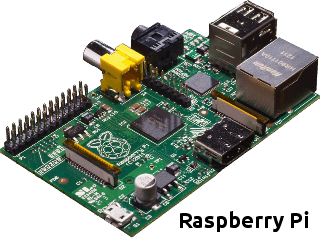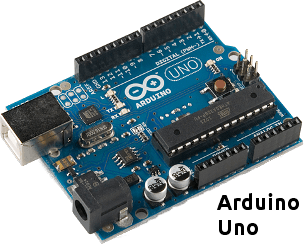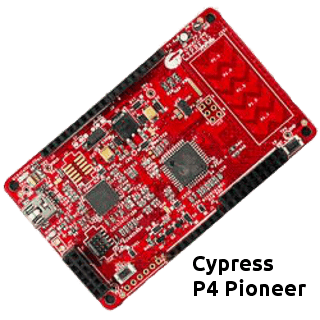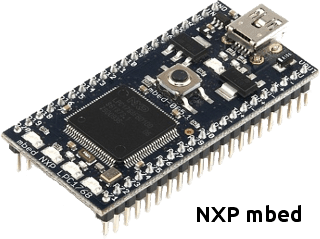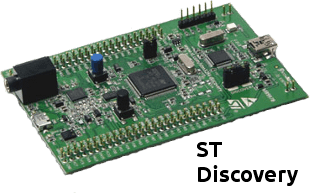The only way to deal with an unfree world is to become so absolutely free that your very existance is an act of rebellion.
—Albert Camus
In order to really understand why the thingSoC platform was needed, you first need a little background on the previous generation of embedded development tools, and small form factor microprocesor boards.
What is a Small Form Factor?
Small Form Factor lacks a normative definition and is consequently open to (mis)interpretation and/or misuse. It historically referred to any (PC) computer format that was smaller than a traditional tower computer, and was applied to any smaller computer, such as shoebox size (Shuttle), small cubes, net-tops and book sized computers.
For the purposes of discussion today, we will define a Small Form Factor as, any computing device, or circuit board, that is smaller than the Standard ATX motherboard, meaning smaller than 12.00 by 9.65 inches (305mm by 244mm).
Trends in Small Form Factors for Embedded Devices
There are two primary trends in Small Form Factor adoption today, and those break down along the lines of quasi-Proprietary standards versus Open Source Hardware standards. Companies like Texas Instruments have adopted quasi-Proprietary standards, such as the TI LaunchPad and the BeagleBoard, which are used primarily to market and support their proprietary microprocessor/microcontroller products. While other companies like Atmel, Freescale, and Cypress Semiconductor have embraced Open Source Hardware platforms such as the Arduino family of small form factor boards. The Raspberry Pi was developed in the UK by the Raspberry Pi Foundation with the intention of providing a low cost platform for teaching basic computer science in schools. Other vendors like NXP, have embraced a more breadboard friendly Dual-Inline-Package (DIP) format, and have been having great success with their "mbed" format for small embedded processors.
Popular Small Form Factors for Embedded Computing
- BeagleBoard
- LaunchPad
- Arduino
- Raspberry Pi
- Freescale Freedon
- Cypress Pioneer
- NXP mbed
- STM32 Discovery
Each of these Small Form Factors are popular for use with their companion microcontroller/microprocessor family brands, and each have different stenghths and weaknesses. Between the design work done by Moxon Design and PatternAgents over the past twenty (20) years, we've used all of these platforms. In the next article, we'll talk more about those strengths and weaknesses, and why thingSoC needed to be built.
